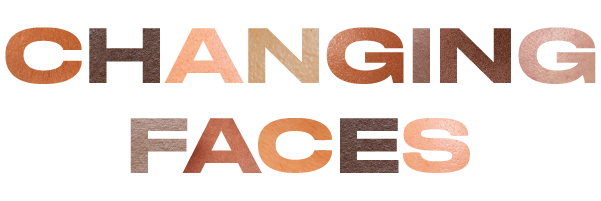“Growing Older Is Something To Be Celebrated”: Sorry, But Anti-Ageing Skincare Is A Scam
In a poll of Refinery29 UK's Instagram followers, sixty-two percent of respondents said that they had considered Botox or filler, while "looking jowly", "wrinkly" and "old in the face" are real beauty concerns.
"Anti-ageing" is embarrassingly out of date
The traditional and unrealistic beauty ideals of eternal youth are certainly becoming outdated.
@mattrandon YOU START AGING AT 25!💀(follow me for more anti-aging tips🥰 #skincare #skincareroutine #beauty #beautytips #tiktokpartner #learnontiktok #antiaging ♬ Bad (2012 Remaster) - Michael Jackson
While there is very little that can actually achieve 'anti-ageing' results, it doesn't stop there being a continual influx of products all geared towards anti-ageing, such an anti-wrinkle serums and anti-ageing creams.







